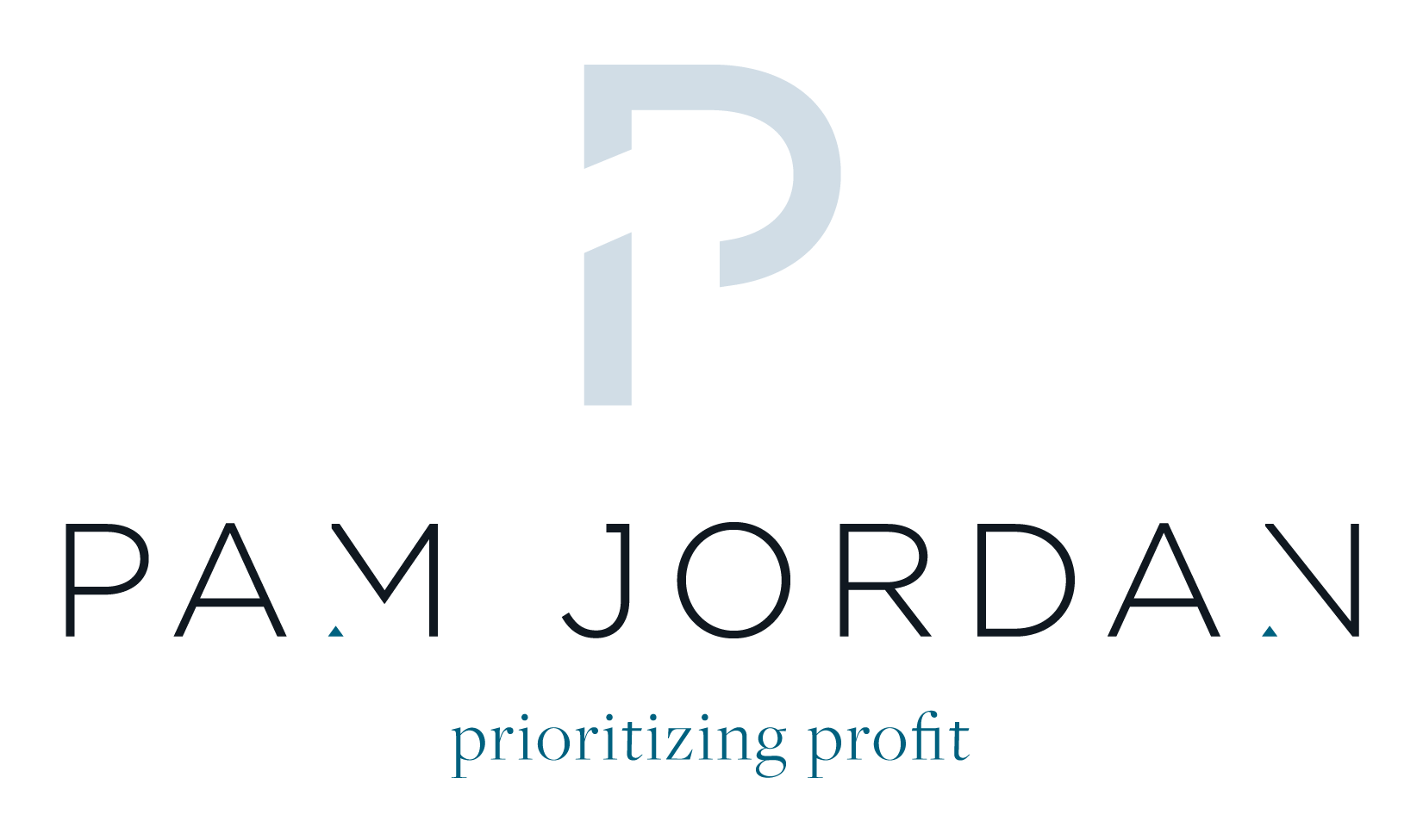Navigating Inflation: A Guide for Business Owners
Inflation is a formidable force that can impact businesses of all sizes. As prices rise and the purchasing power of money decreases, business owners must proactively address the challenges posed by inflation.
Too often business owner wait too long to take action during economic hard times. Be proactive! Here are 8 things that you can look at today to help you navigate inflation.
Reassess Pricing Strategies: The most direct response to inflation is adjusting your prices. Conduct a thorough review of your products or services to identify areas where price adjustments can be made. However, be cautious not to alienate your customer base. Communicate these changes transparently, emphasizing the value your business continues to provide.
Cost-Cutting Measures: Scrutinize your operational costs and identify areas where you can cut expenses without sacrificing quality. This might involve renegotiating contracts with suppliers, optimizing energy usage, or implementing more efficient processes. Every penny saved contributes to your business's resilience in the face of inflation.
Negotiate Supplier Contracts: Engage with your suppliers to negotiate favorable terms. Locking in long-term contracts or exploring discounts for bulk purchases can help mitigate the impact of rising costs. Building strong relationships with suppliers is key to navigating through inflationary periods collaboratively.
Diversify Revenue Streams: Relying on a single product or service exposes your business to heightened vulnerability during inflation. Diversify your revenue streams to spread risk. This could involve expanding product lines, entering new markets, or exploring complementary services that align with your core competencies.
Optimize Inventory Management: Efficient inventory management is crucial during times of inflation. Striking the right balance between supply and demand helps prevent overstocking, reducing the risk of holding onto depreciating assets. Consider adopting technology-driven solutions to enhance inventory visibility and control.
Invest in Technology and Innovation: Embrace technology to streamline processes and boost productivity. Automation can reduce labor costs, improve efficiency, and provide a competitive edge. Investing in innovation not only positions your business for long-term success but also helps counteract the immediate impact of inflation.
Employee Compensation Strategies: As labor costs may be affected by inflation, review your compensation strategies. While maintaining competitive salaries is essential for retaining top talent, consider non-monetary benefits and perks to enhance overall employee satisfaction. This can be a cost-effective way to boost morale and loyalty.
Monitor Cash Flow: Keep a close eye on your cash flow and update your financial forecasts regularly. A proactive approach to financial management ensures that your business remains agile and responsive to changing economic conditions. Be prepared to adjust strategies as needed based on real-time data.
Inflation is an inevitable economic challenge, but with strategic planning and adaptability, businesses can not only weather the storm but also emerge stronger. By reassessing pricing strategies, cutting costs, collaborating with suppliers, diversifying revenue streams, optimizing operations, investing in technology, and prioritizing employee satisfaction, business owners can position their companies for long-term success despite the challenges posed by inflation. Stay vigilant, stay agile, and stay ahead in these dynamic economic times.
Want to have someone on your team to help you navigate these waters? Our team of Fractional CFO's are here to help!
Let's chat.
